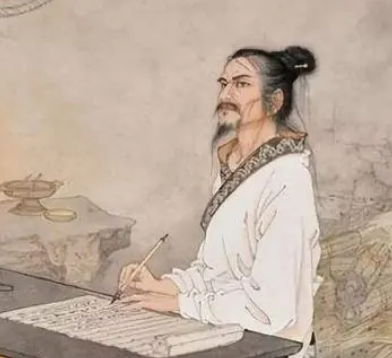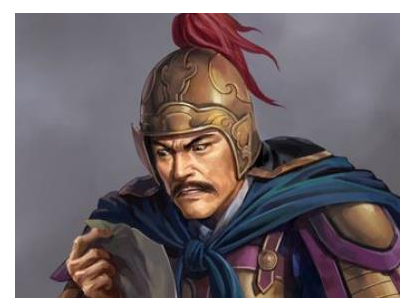As the only female emperor in Chinese history, Wu Zetian's life was filled with legendary colors. During her reign, she not only reached the peak of power, but also broke the traditional gender and political pattern. However, after her death, people generally expected political liquidation, especially for her family, the Wu family. Unexpectedly, the Wu family did not suffer large-scale persecution or liquidation. This article will explore the reasons why the Wu family survived after Wu Zetian's death.

I. Wu Zetian's Political Layout
During her reign, Wu Zetian carefully built her own power base while strictly controlling and utilizing the Wu family members. She promoted some capable Wu family members but also restricted their power to prevent them from threatening her ruling status. This balancing act made the Wu family members not form an overly powerful independent force during her lifetime.
II. Choice of Heir
In her later years, Wu Zetian chose Li Xian (Tang Zhongzong) as her heir instead of a direct descendant of the Wu family. This decision may have been made out of respect for the traditional inheritance system or to ensure the safety of the Wu family after her death. Li Xian was her son and had a certain amount of affection for his mother, which may have guaranteed the safety of the Wu family to some extent.
III. Political Stability
After Wu Zetian's death, Li Xian ascended the throne, and his main task was to restore the stability and order of the country. Large-scale political liquidation could have led to civil unrest and social turmoil, which the new emperor did not want to see. Therefore, Li Xian may have intentionally avoided large-scale liquidation of the Wu family to maintain political stability.
IV. Self-Adjustment of the Wu Family
Facing the political changes after Wu Zetian's death, the Wu family also made self-adjustments. They may have proactively lowered their political profile and avoided direct participation in power struggles, thus reducing the possibility of being attacked by political opponents.
V. Complexity of History
Historical events often do not develop according to simple logic. Although there was a general expectation of political liquidation, the actual situation may have differed due to various complex political, social, and personal factors. The survival of the Wu family may have been the result of the combined influence of multiple factors.
Conclusion:
The reason why the Wu family did not suffer large-scale political liquidation after Wu Zetian's death may be due to the combined influence of multiple factors such as Wu Zetian's political layout before her death, the choice of heir, the need for political stability, and the self-adjustment of the Wu family. This historical phenomenon reminds us that when analyzing historical events, we need to consider various possibilities and complexities instead of simply presupposing the outcome. Through further exploration of this period of history, we can better understand the relationship between power, family, and political decision-making, as well as how they have shaped the destinies of individuals and nations throughout history.
Disclaimer: The above content is sourced from the internet and the copyright belongs to the original author. If there is any infringement of your original copyright, please inform us and we will delete the relevant content as soon as possible.






























